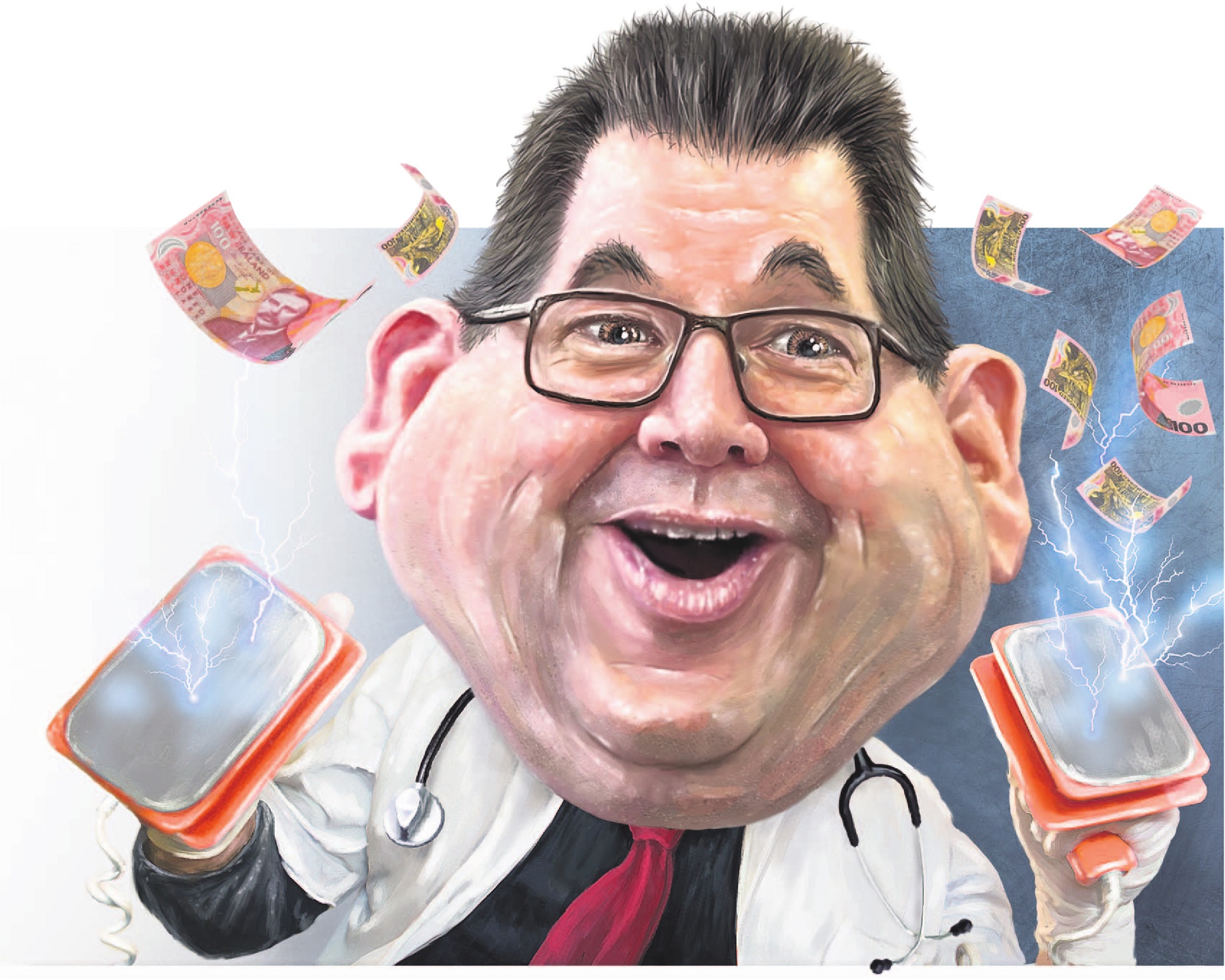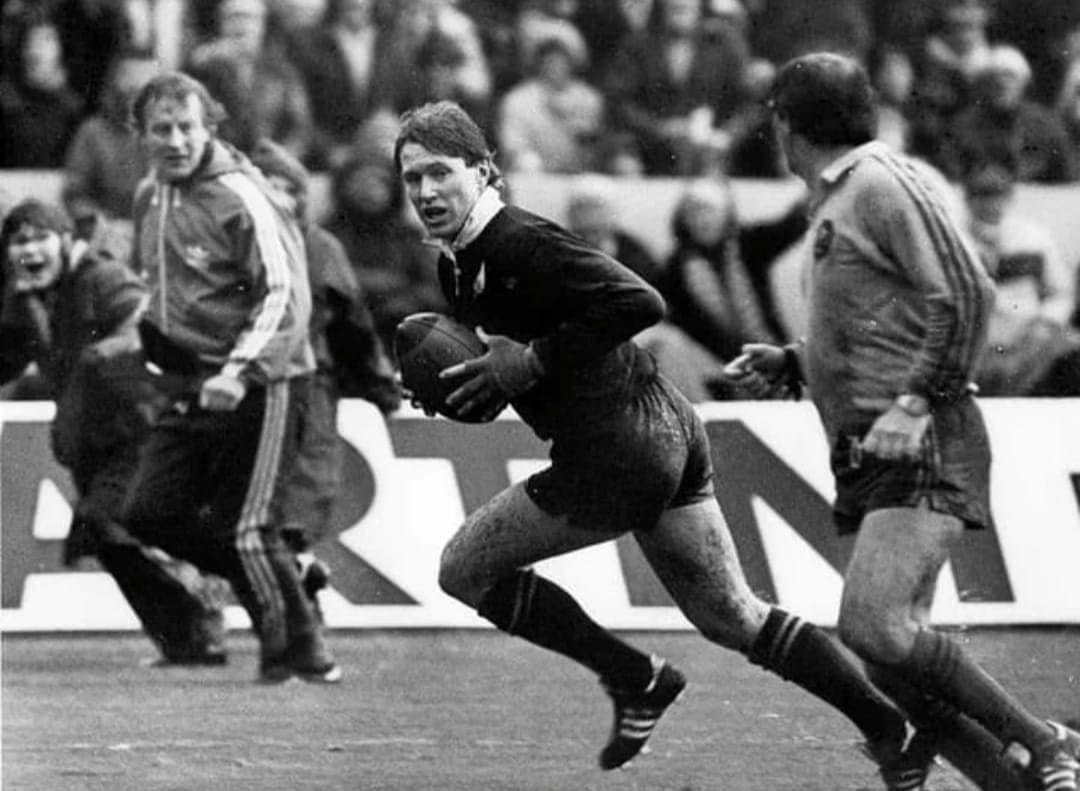
Otago Daily Times readers are well-acquainted with the university’s financial woes thanks to some excellent investigative reporting and analysis by our reporters.
So is Mr Robertson, not just as a very interested alumni and former students’ association president, but also as the former finance minister, in which capacity he would have seen the books and had to consider the funding requests from the tertiary education minister.

It will not be helped by the fact that one of the first issues Mr Robertson will be confronted with is one almost guaranteed to put him at loggerheads with the government.
A fortnight ago the government signed a memorandum of understanding with the University of Waikato, under which it will draft a business case to develop a third medical school in the Waikato region.
While the government will need to be presented with a convincing enough business case to justify spending many millions of dollars on the project, given National campaigned on building a new medical school in the province one would imagine that the coalition would be prepared to at the very least give it serious consideration when the paperwork lands.
Everyone agrees New Zealand needs more doctors, indeed all types of medical professionals. The country’s overdependence on migration to meet the workforce shortfall has been badly exposed by the Covid-enforced decline in recruitment and the resulting increased worldwide competition for staff, and it will be even more exposed when our rapidly ageing health workforce starts retiring in their droves.
New Zealand’s existing medical schools, including Otago, have argued strenuously against setting up a third school, stating that all the necessary resources to meet the country’s doctor training needs already exist, but what is missing is the funding of extra places for more students.
Both the current and former government accepted that argument to a degree and each committed to funding more medical school places.
But National has been adamant that an extra medical school is really what is needed, much to the joy of the University of Waikato, which has been trying to break into this lucrative source of undergraduates for many years.
Otago has politely and successfully repelled Waikato’s claims so far, well aware that its School of Medicine is its flagship and integral to the survival of the institution.
The narrow needle Mr Robertson will have to thread is how strident to be in opposition to Waikato’s plans. He will have to be robust enough to defend Otago’s position in the health training sphere, but also not so caustic as to offend a government which at the end of the day funds much of the university’s operations.
Quite what role Mr Robertson will play in local Labour politics will be interesting.
It is hard to imagine he will not remain involved in some capacity as he is still far too young to slip into the mentor role that the late Stan Rodger performed for city’s young Labour MPs, but he will also need to let Ingrid Leary and Rachel Brooking get on with it in their own way. And, as noted earlier, being too politically partisan could backfire on Mr Robertson in his new day job.
Still, as an astute and skilled political navigator, he will no doubt be able to find a way to keep everyone happy, or everyone unhappy, that being more or less the role of the Minister of Finance.
Minister of sport and recreation

And if you want evidence of Mr Robertson’s lifelong dedication to sport, check out this picture by the late, great sports photographer Peter Bush, which Mr Robertson recently posted on Facebook. All Blacks winger Stu Wilson is on the charge at Carisbrook in the test against the ’83 Lions, but also running at full tilt down the sidelines is a very excited ballboy and future Cabinet minister.
Another ballboy that day, Tony Ballantyne, is a former pro-vice chancellor (humanities) at the University of Otago.
A totara falls
It would take quite something to overshadow the retiring from politics of a former deputy prime minister, but life has a cruel way of throwing up awful surprises sometimes.
Green MP Efeso Collins had not had much time to make an impression on Parliament, but his maiden speech just over a week ago was very impressive.
Rich in depth, thought and delivery, it promised that he was a politician of huge potential. Grief in Parliament at his sudden death this week was genuine and from both sides of the House.
Southern Greens, who worked so hard to get their Dunedin candidate Francisco Hernandez elected last year, will be feeling a very strange set of emotions. When James Shaw retires Mr Hernandez will become an MP, but due to terrible, tragic circumstances.
It has been a simply awful start to the year for the Greens, all the more so because the party has been here before, when co-leader Rod Donald suddenly died.
Almost 20 years later the party has its largest caucus ever, positive proof of the Greens’ endurance and resilience.











